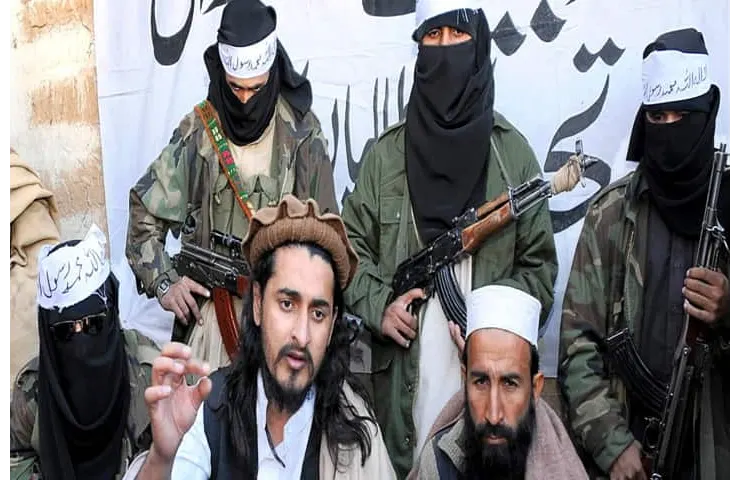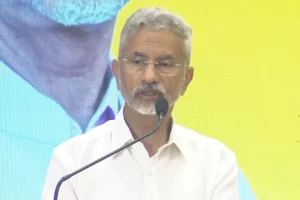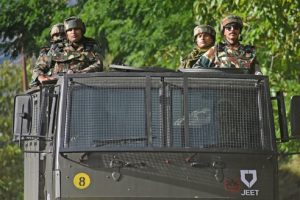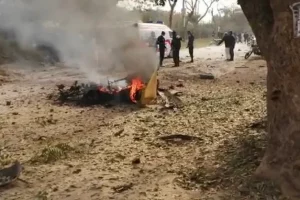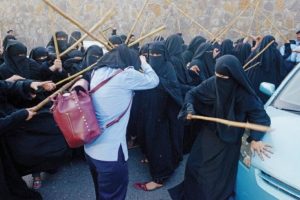If being surrounded by hostile, autocratic nuclear-armed regimes were not already concerning enough, India must now also deal with an international campaign of demonization, boycott, and violent intent. Understanding the forces within the West – and especially in America – that belong to this international mob is crucial to defeating these international campaigns, their defamatory rhetoric, and subsidy and legitimization of violence.
By Sam Westrop
As India continues to battle Pakistan-backed Jamaati, Deobandi, and Ahl-e-Hadith terrorists in Kashmir, it must now also contend with a powerful effort to vilify the world’s largest democracy internationally.
At best, such anti-India campaigns of demonization and delegitimization may exert real damage on India’s reputation, while serving to benefit Pakistani ambitions. At worst, they are harbinger for an international Islamist effort to support violence and terror in Kashmir and the rest of India, with jihadist volunteers, money, and weapons perhaps to follow. India – and indeed, American Indian communities – would ignore these threats at their peril.
A number of changes should be made. First, the Indian government is advised to do more to explain the true extent of the jihadist threat it faces. Arrests and prosecutions of Kashmiri jihadists are rarely explained properly, with official documents outlining the facts often not being made available. Islamist forces in the West often use the opaque appearance of Indian law enforcement’s activities as the basis for accusations of Indian repression, which mainstream human rights organizations and media outlets then thoughtlessly repeat. Indian law enforcement should publish as much as possible, outlining the extent of their evidence against jihadist operatives and extremist organizations.
Second, the Indian government should place pressure on American authorities to prosecute agents of the Pakistani regime and investigate 501(c) public charities that overtly lionize and subsidize jihadist activity in Kashmir. Third, close and comprehensive monitoring of Pakistani, Islamist, Khalistani and fellow traveler networks in the West is urgently needed. For that, much can be learned from the existing efforts to fight back against the Western support networks of jihadists in the Palestinian territories. India and diaspora allies are well-advised to establish their own thinktanks, pressure groups, lobbyists, research organizations, student activist groups and a whole array of nonprofit infrastructure, in cooperation with existing counter-Islamist organizations such as the Usanas Foundation in India and the Middle East Forum in the United States.
Understanding the enemies of India and the potency of their designs requires detailed research: establishing extensive relational databases, making use of advanced open-source intelligence techniques, establishing systems for mass-scraping of social media and financial data sources, among other methods. Once such research has begun to be collected, a newly established force of lawyers, lobbyists, politicians, and activists can bring uncovered information to Indian and American journalists, legislators, and the public.
The growing ideological obsessions of international Islamism with India is becoming more and more apparent. Given recent events in Afghanistan, as well as the growing prominence of Pakistan as a major force in the international Sunni Islamist axis (alongside Qatar and Turkey), it seems clear that the next 20 years of Islamist news will no longer come out of the Middle East, but from South Asia. Close partnerships between U.S. and Indian counter-Islamist organizations are urgently needed if we are to defy this theocratic menace.
Sam Westrop
Sam Westrop is head of Islamist Watch at Middle East Forum since March 2017, when MEF absorbed the counter-extremism unit of Americans for Peace and Tolerance (APT). Prior to this he was research director at APT, and ran Stand for Peace, a London-based counter-extremism organization monitoring Islamists throughout the UK. Mr. Westrop is a senior fellow at the Gatestone Institute. His writings have appeared at such publications as National Review, National Post, and The Hill, and he has appeared on dozens of television and radio stations, including BBC, Al Jazeera, and Newsmax.
(The article is carried in arrangement with The Usanas Foundation)
Click here for the complete report






